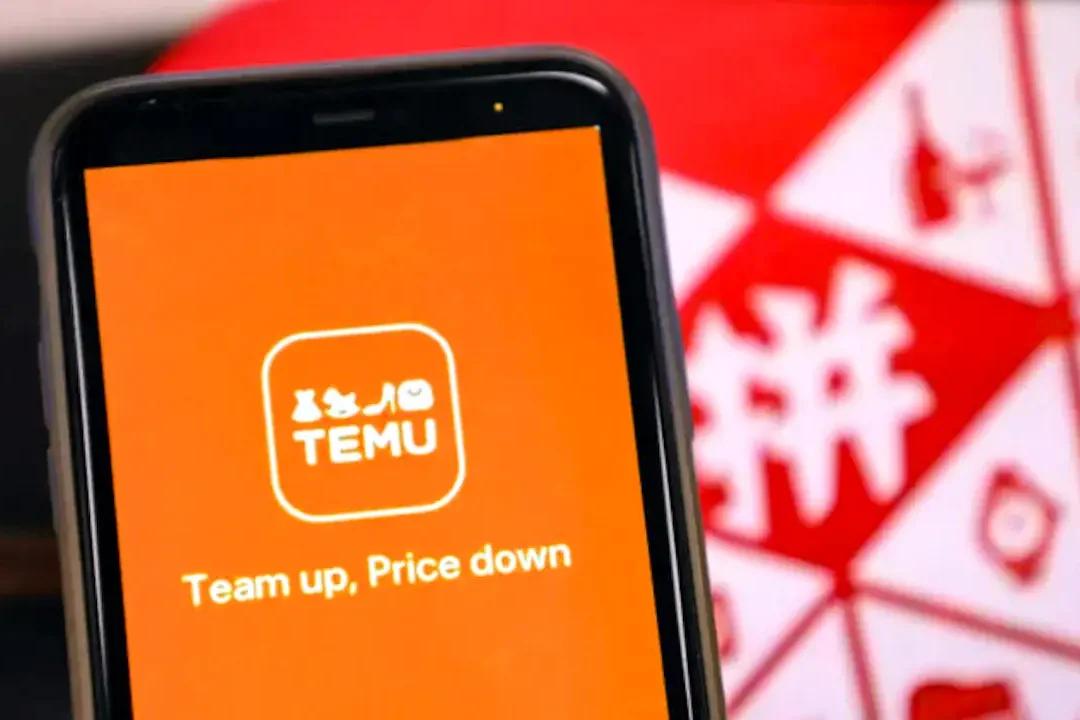The European Union has proposed new measures to curb the flow of low-value parcels from China, which officials say have flooded the European market over recent years.
The European Commission, the EU’s executive branch, published the proposal on Wednesday. It targets all non-EU e-commerce retailers but specifically mentions rapidly growing Chinese platforms such as AliExpress, Temu, and Shein.





